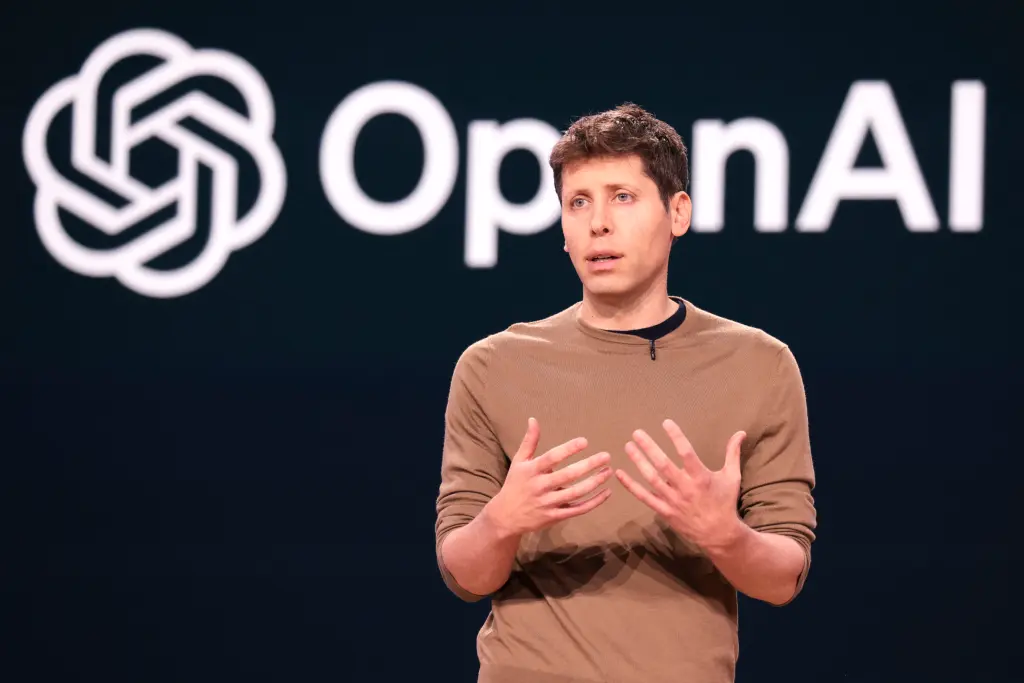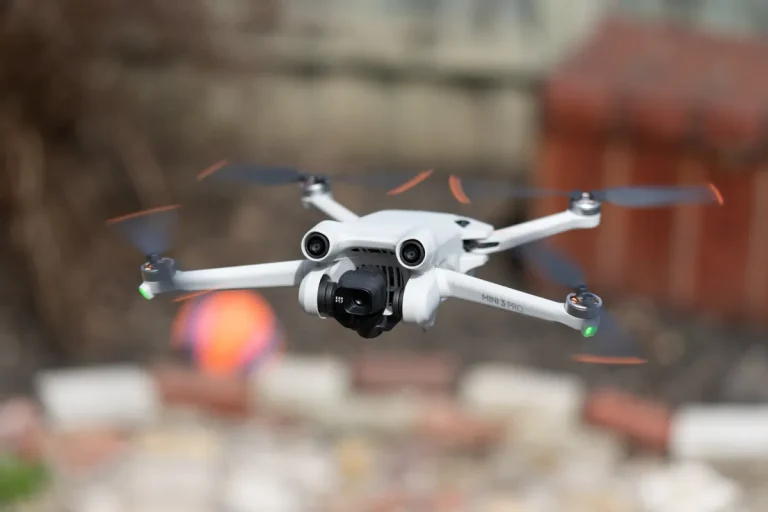
sam ALTman
OpenAI’s Stargate project was supposed to be the next big thing in AI infrastructure—massive data centers designed to handle the exponential demands of future models. But now? It’s looking a bit like a spaceship stuck on the launchpad.
According to Bloomberg, Stargate’s momentum has hit turbulence thanks to growing economic uncertainty, rising tariffs, and a general “wait, is this a bubble?” mood sweeping through investors. The plan was bold: raise up to $500 million to supercharge AI data center builds both in the U.S. and globally. But between shaky macroeconomics and unpredictable hardware costs, the money faucet isn’t flowing as freely as OpenAI hoped.
Even SoftBank, which was supposed to be a heavyweight investor in the initiative, is reportedly still figuring out how they even want to structure their involvement, let alone get others on board. That’s not a great sign when you’re trying to raise half a billion dollars.
One of the biggest red flags? Tariffs. With new trade tensions, the cost of building these futuristic data centers could spike dramatically. A TD Cowen report cited by Bloomberg suggests that server racks, cooling systems, chips, and other mission-critical hardware could rise in cost by 5–15% on average. And when you’re talking about hyperscale data centers, that’s not pocket change—it’s millions in unexpected budget creep.
There’s also a growing fear of overcapacity. With everyone from Microsoft to Amazon recently slowing down their own data center builds, investors are asking: are we racing too fast toward an AI future that’s not quite ready to pay off yet?
Stargate may still launch—but for now, it’s a reminder that even in AI’s hottest moments, economics, regulation, and timing still rule the game.







